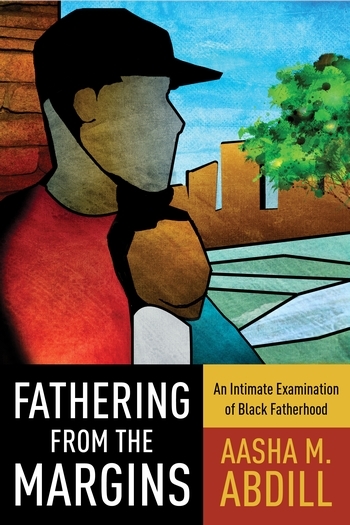What is Race-Based Traumatic Stress Injury? In a Time of Racial Unrest
By Robert T. Carter and Alex L. Pieterse

“Carter and Pieterse increase our understanding of and the treatability of traumatic stress that results from racism. The proposals proffered in Measuring the Effects of Racism will lead to better treatment methods of race-based trauma and increase the evidence base for advocacy and agendas for social justice.”
~Hugo Kamya, Simmons University
A large body of research has established a causal relationship between experiences of racial discrimination and adverse effects on mental and physical health. In today’s guest post, authors Robert T. Carter and Alex L. Pieterse discuss racial trauma and their book, Measuring the Effects of Racism: Guidelines for the Assessment and Treatment of Race-Based Traumatic Stress Injury.
• • • • • •
We have spent the last few decades of our careers devoted to understanding, studying, and teaching about issues of racism, race, and culture. We have written about race, racism, and therapy; racial-cultural competence in mental health; race-related trauma; and related issues.
We have long witnessed outrage and protest regarding law enforcement’s use of excessive force and the death of unarmed Black men and women—but now, in 2020, something is shifting. In the context of a pandemic in which Black and Brown people have died at a disproportionately high rate; an economic recession in the United States in which more than 40 million Americans have lost their jobs and where Black and Brown people are again overrepresented in these numbers; and finally the casual manner in which a Minnesota police officer restrained and killed George Floyd (homicide was the cause of death according to the medical examiner), people of all racial groups are understanding that racial injustice is present and seeing the need for equality as a significant and pressing social issue. Protesters are calling out that Black Lives Matter and that systemic racism needs to end. The protests, unlike any others in the last few decades, have spread to all fifty states and to various locations throughout the world. The outrage being expressed is garnering support from Americans of all racial backgrounds.
“In these protests, people have given voice to what they view as trauma due to racial encounters.”
In these protests, people have given voice to what they view as trauma due to racial encounters. Many have described being targets of racism from law enforcement, health care providers, educators, or employers, reminding us that racism occurs in all segments of our society. In this context, racial disparities—the phenomenon in which people of Color have poorer social outcomes than White people—are increasingly seen as evidence of systemic racism. This fuels the demand for justice and change.
“The developments of the last few weeks are hopeful and draw attention to the important reality of racial trauma.”
The developments of the last few weeks are hopeful and draw attention to the important reality of racial trauma. It is necessary to note that the medical profession mostly defines trauma as a mental health disorder, and for some the experience of trauma reflects personal shortcoming and failure, or a dysfunction inside the person’s mind. In the books and publications we have written with colleagues, we have advocated for an understanding of racially based experiences from a distinctly different vantage point. We also identify specific classes of racism that one can use to more clearly understand the type of psychological harm an individual has endured. We argue that racial encounters and the accompanying effects should not be thought of as a medical or mental health issue. Instead, in our book Measuring the Effects of Racism, we describe how racism can cause stress and traumatic stress reactions that inflict emotional and psychological injury on its targets. We argue that if someone is injured they have the right to seek damages in the effort to recover from said injury. We believe that our book provides important guidance for working with groups and individuals who have experienced racial stress or trauma, an issue that is becoming more urgent every day.






